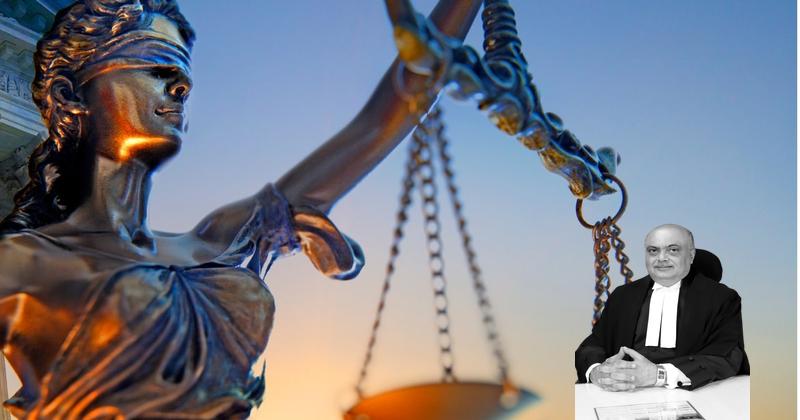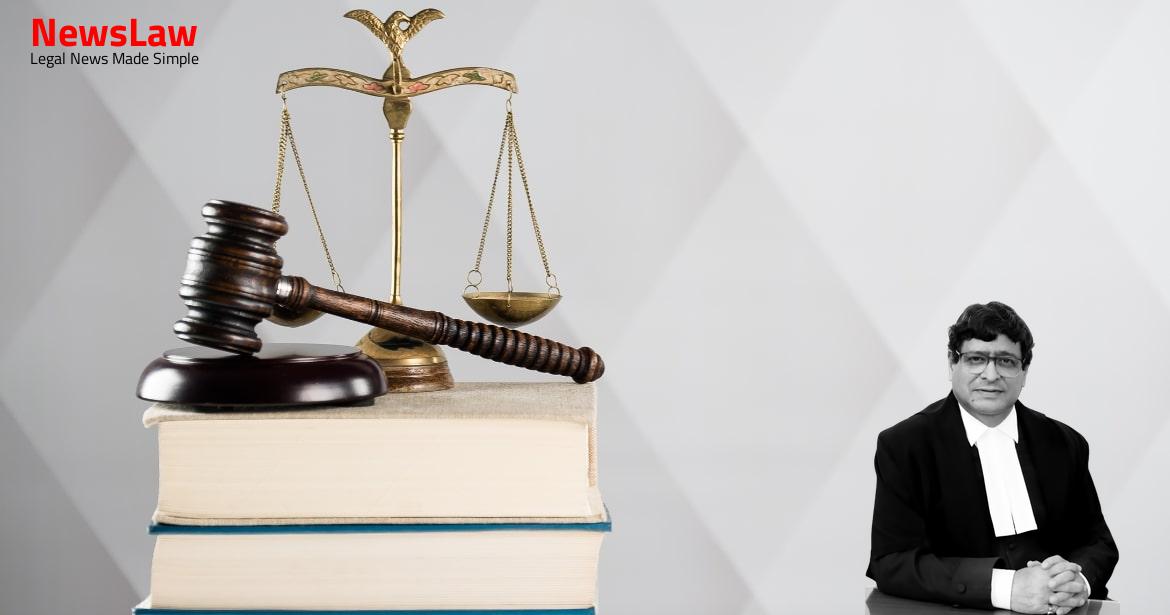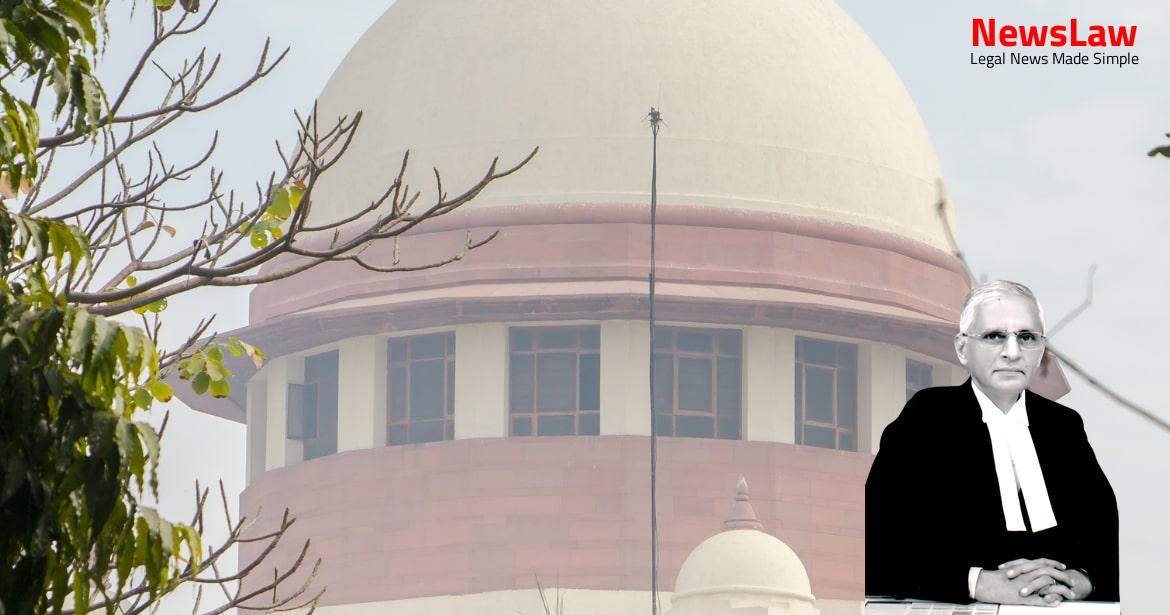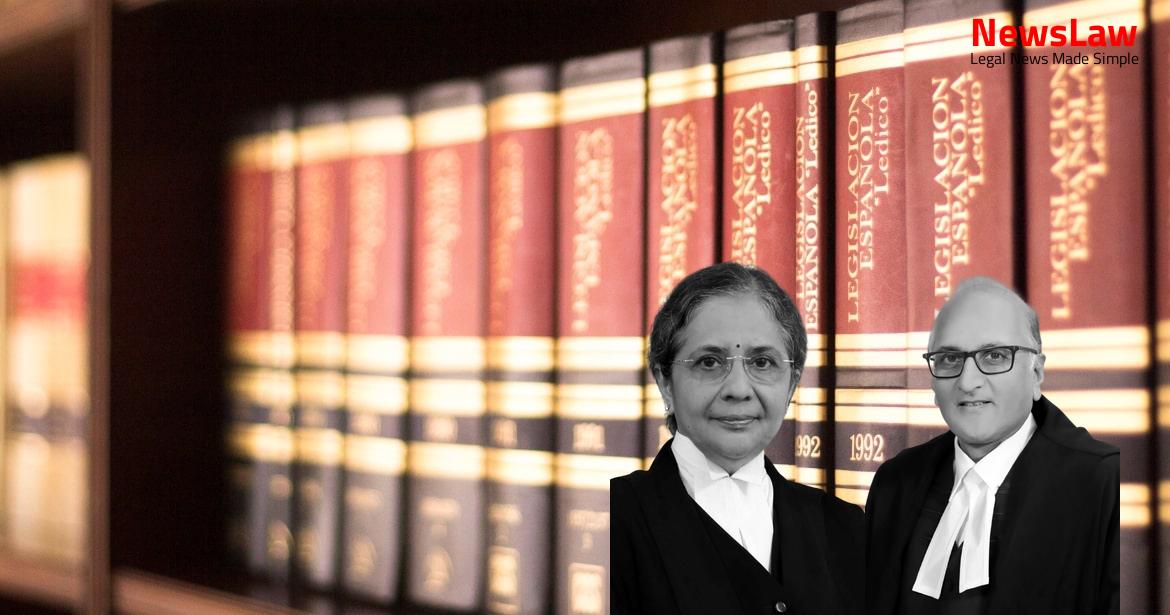The sole appellant has moved this Court being aggrieved by the Final Judgment and Order dated 25.04.2011 (hereinafter referred to as the “Impugned Judgment”) [ 2011 SCC OnLine P&H 4687 | ILR (2012) 2 P&H 747 ] passed by a learned Division Bench of the High Court of Punjab and Haryana at Chandigarh (hereinafter referred to as the “High Court”) in Letters Patent Appeal No.406 of 2011 (O & M), whereby the learned Division Bench allowed the appeal preferred by the respondent-State and set aside the Order dated 27.01.2010 [ 2010 SCC OnLine P&H 1193 ] passed by the learned Single Judge in Civil Writ Petition No.19128 of 2006. Initially, the representation filed apropos the period between 01.04.1999 to 31.03.2000 was rejected by orders dated 19.02.2002 and 27.06.2001. The appellant, in terms of observations made by the learned Civil Judge (Junior Division) Gurgaon in the judgment dated 27.09.2004, preferred a consolidated representation before the Inspector 5 General of Police, Gurgaon Range for expunction of adverse remarks, on 07.01.2005. Thereafter, the appellant received a Show-Cause Notice dated 05.09.2006 from the Director General of Police, Haryana stating that undue benefit had been given to the appellant by expunction of remarks and why the same should not be restored and an order of compulsory retirement be passed against him, indicating thereby, that due to expunction of these adverse remarks, he had escaped being retired from service compulsorily and also became eligible for further promotion. The learned Single Judge by judgment dated 27.01.2010 in Civil Writ Petition No.19128 of 2006 [ 2010 SCC OnLine P&H 1193 ] allowed the Writ Petition and the order for reconstruction of the adverse ACRs and compulsory retirement was quashed. In the case of Ram Niwas (supra), following observations have been made:- “….
Firstly, in law there is administrative hierarchy which was not to be respect and any successor cannot set aside the order passed by his predecessor. 8 judgment of this Court in the case of Amarjit Kaur v. Evincibly, the learned Single Judge concluded, in essence, that the original expunction could not be held to be illegal, and the subsequent reconstruction of the remarks would be incorrect in view of the pronouncements of law referred to by him.
Learned counsel for the appellant submitted that the judgment impugned is unsustainable for the reason that the main ground for allowing the appeal of the respondent-State was that the Order of the Inspector General of Police dated 28.01.2005 was completely against the verdict of the learned Civil Court refusing to expunge the adverse remarks, which was not only highly improper but totally unwarranted and the Director General of Police rightly set aside the order of his subordinate. Per contra, learned counsel for the State of Haryana and the other official respondents (R2, R3, R4, R5, R6 and R7) submitted that the present case had been refiled after an inordinate delay of 11 years. Having considered the rival submissions, the Court would note that both the learned Single Judge and the learned Division Bench did not appreciate the legal position in the correct perspective of the factual background. The appellant filed Civil Suit No.168 of 2002 against the order of stoppage of one increment as also the adverse entry(ies)/remark(s) in his ACR, which was finally decided by the learned Civil Judge 13 (Junior Division), Gurgaon by judgment and order dated 27.09.2004, interfering with the stoppage of one increment, but not interfering with the ACR aspect.
This permitted the appellant to again file a representation before the Inspector General of Police, Gurgaon Range, for expunction of adverse remarks, which was disposed favourably, and the adverse remarks were expunged.
The Court would pause at this juncture to indicate that the factual premise noted by the learned Single Judge itself was wrong, inasmuch as it was the Inspector General of Police, who had, in effect, ‘reviewed’ an order passed by his predecessor-in-office by expunging the adverse remarks, which was previously declined by his 15 predecessor-in-office.
Also Read: https://newslaw.in/supreme-court/challenge-to-state-governments-directive-for-cadre-merger/
Clearly, the ‘ review ’ contemplated in Rule 16.28 empowers a superior authority to ‘ call for the records of awards made by their subordinates and confirm, enhance, modify or annul the same, or make further investigation or direct such to be made before passing orders. The heading to the rule above is a misnomer inasmuch as no power of ‘review’ is created or conferred, as manifest from a reading of (1), (2) and (3) of Rule 16.28.
In the case at hand, the Director General of Police, Haryana, had never passed any order earlier and for the first time when the issue was brought to his notice, a Show-Cause Notice was issued to the appellant as to why the adverse remarks be not reconstructed; as due to such expunction, he had escaped from being retired from service compulsorily. The reason given for interference with the learned Single Judge’s view is that it was highly unwarranted and improbable for the Inspector General 19 of Police to have expunged the adverse remarks when there was a judicial verdict by the learned Civil Court refusing to do so.
The learned Civil Court erred in assuming that it had the power to do so, in the absence of any such provision in the Punjab Police Rules, 1934. The question however arises whether even if there is no legal right to demand re- valuation as of right could there arise circumstances which leave the Court in any doubt at all. The wide power under Article 226 may continue to be available even though there is no provision for re- valuation in a situation where a candidate despite having giving correct answer and about which there cannot be even the slightest manner of doubt, he is treated as having given the wrong answer and consequently the candidate is found disentitled to any marks.
In Commandant Sanjay Dubey v 22 State of Madhya Pradesh, 2023 SCC OnLine SC 610, while declining to interfere with the order impugned therein, a reason which weighed was that a High Court had passed the said order, and not a Court of Session. Considering the chain of events, the consequential action, in our considered 24 view, cannot be said to be arbitrary or shocking the conscience of the Court, so as to warrant interference.
Personnel having such remarks being compulsorily retired as per the statutory provisions under the Punjab Civil Services Rules, 1934, in the instant facts, is not an action this Court would like to interdict.
Steps be taken forthwith in line with the observations recorded at Paragraphs 19 to 21.
Case Title: AISH MOHAMMAD Vs. STATE OF HARYANA (2023 INSC 578)
Case Number: C.A. No.-004044-004044 / 2023



